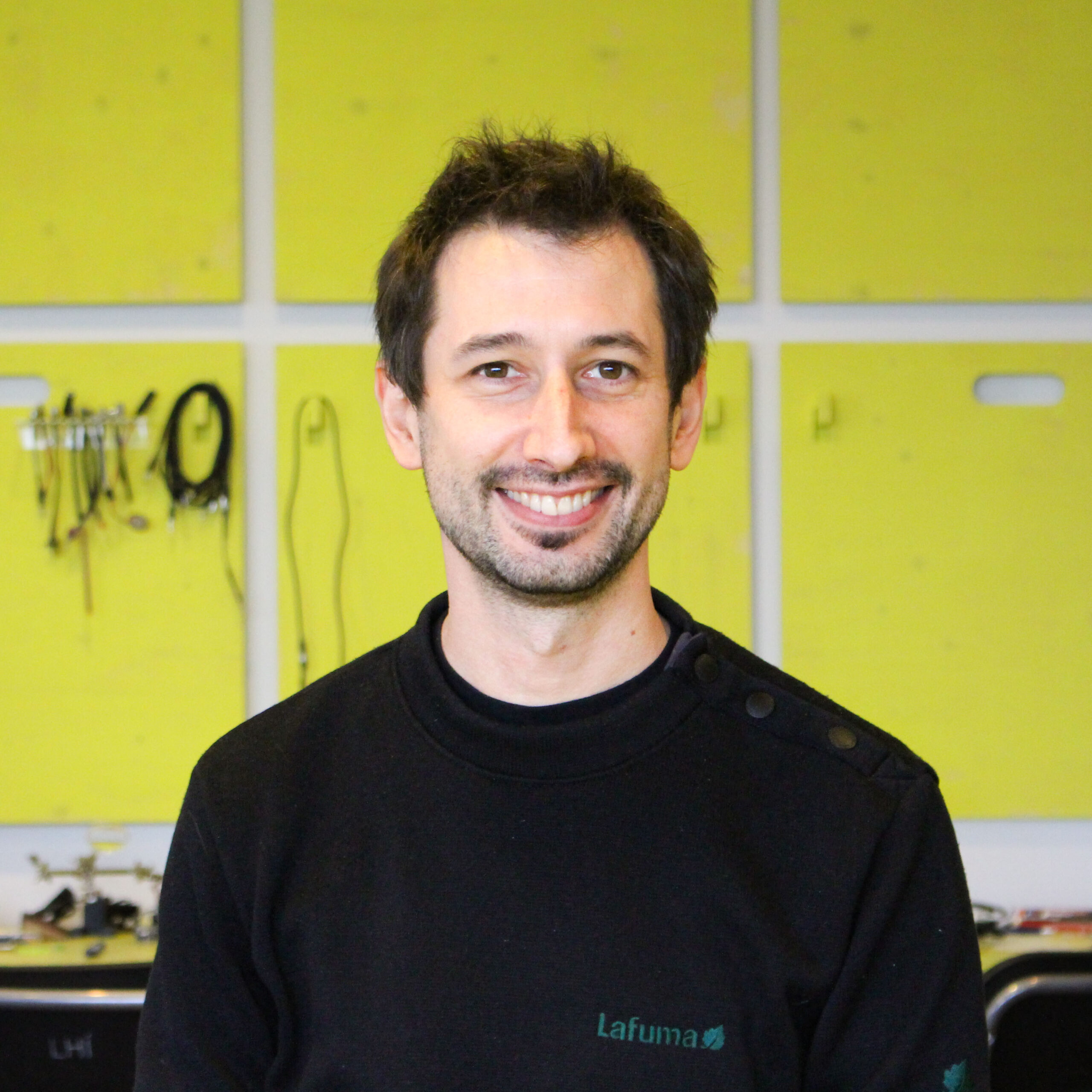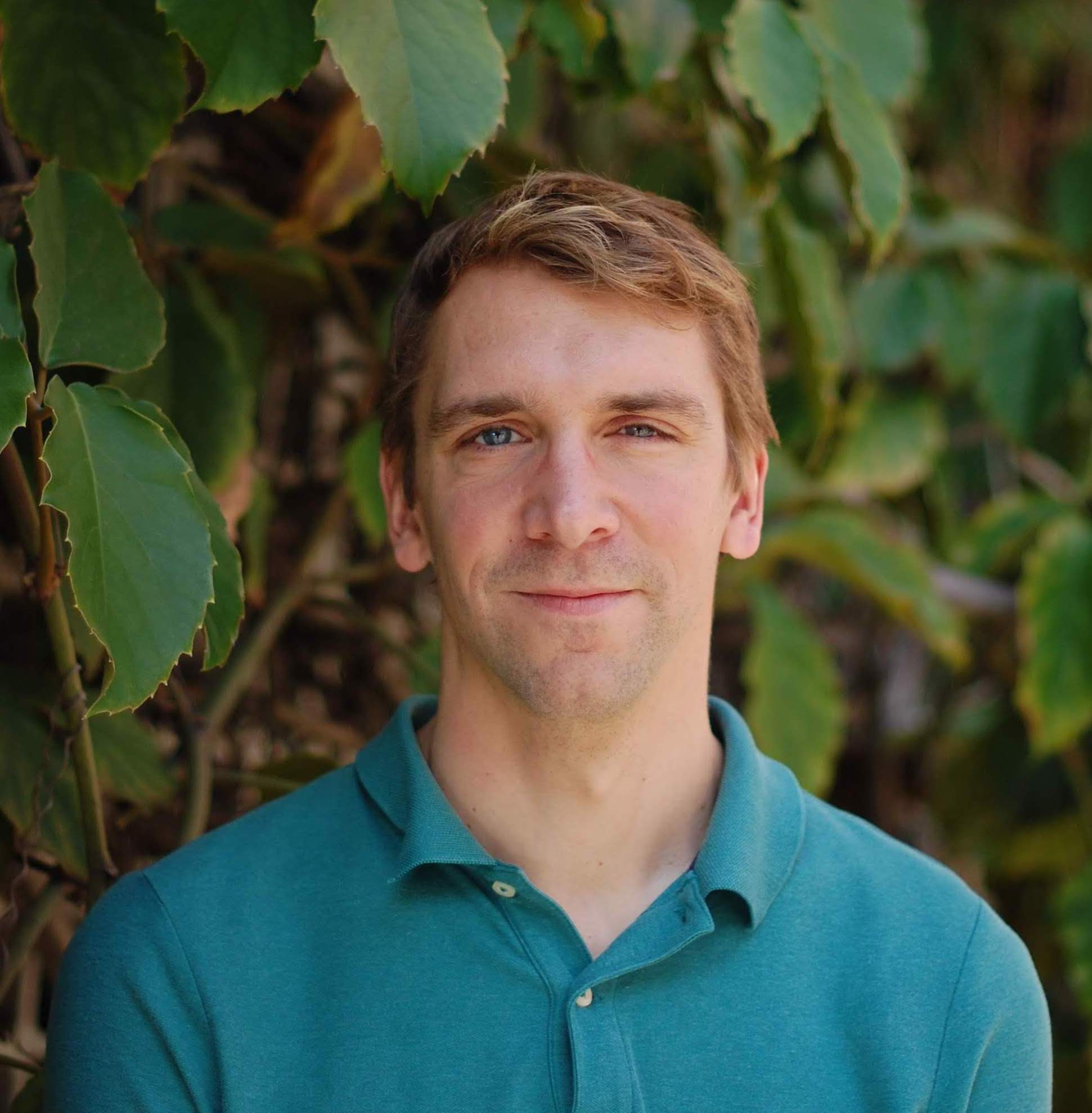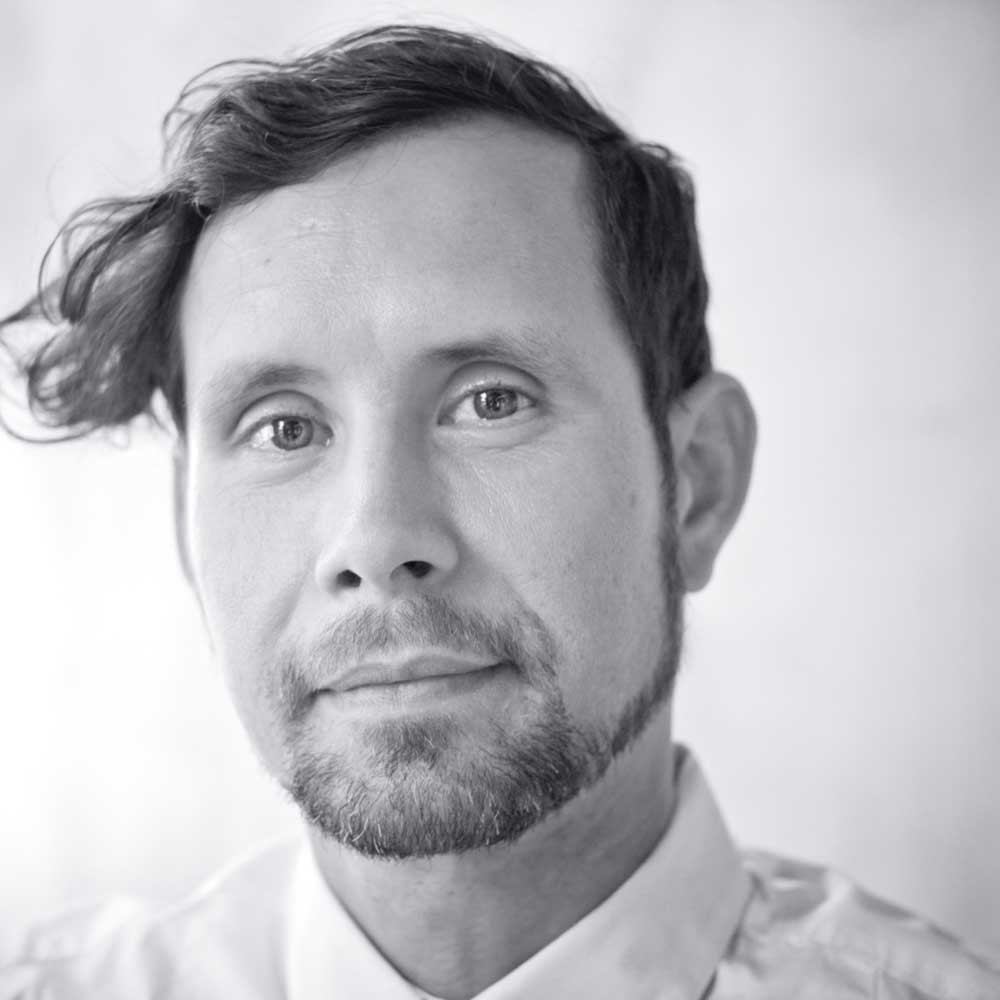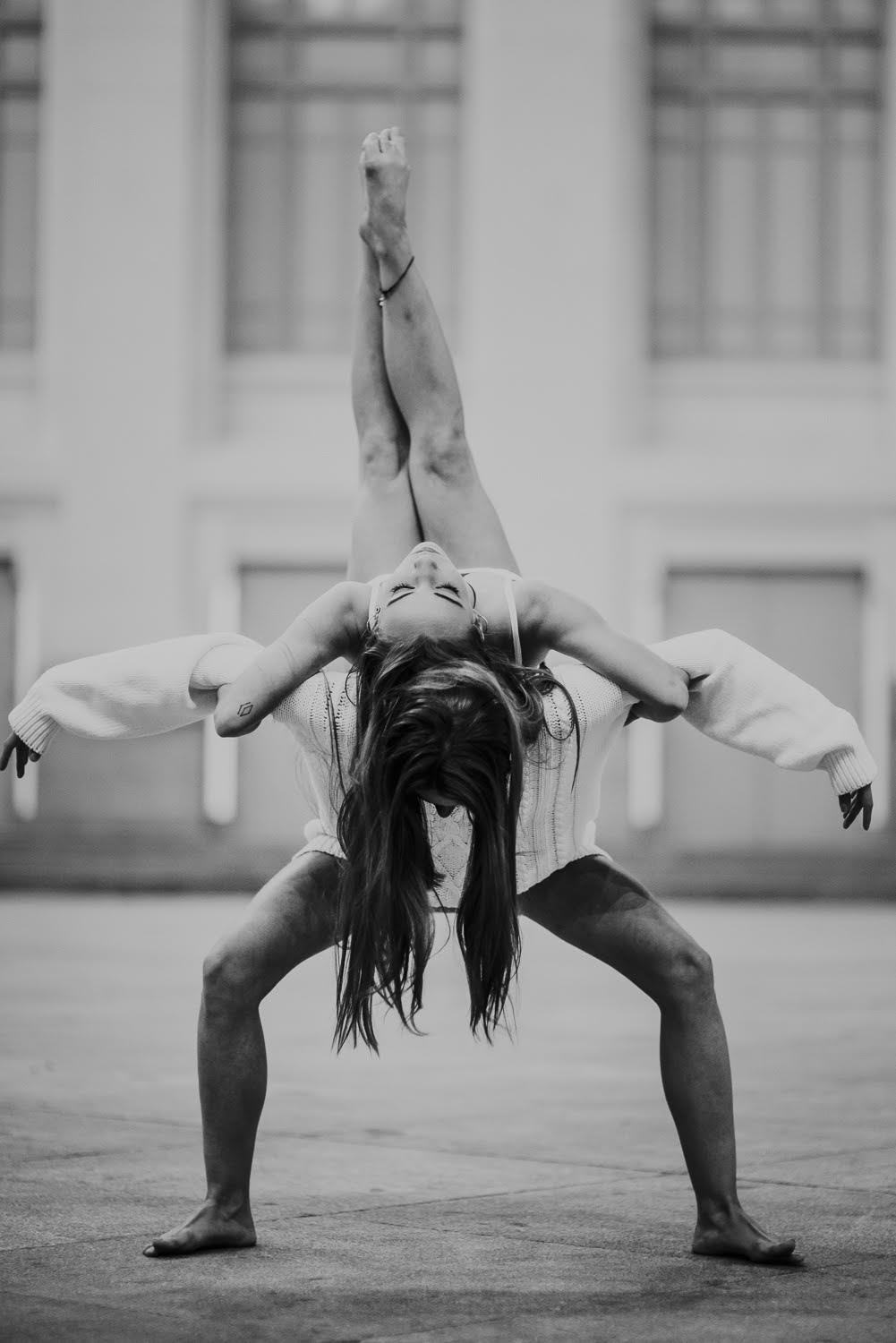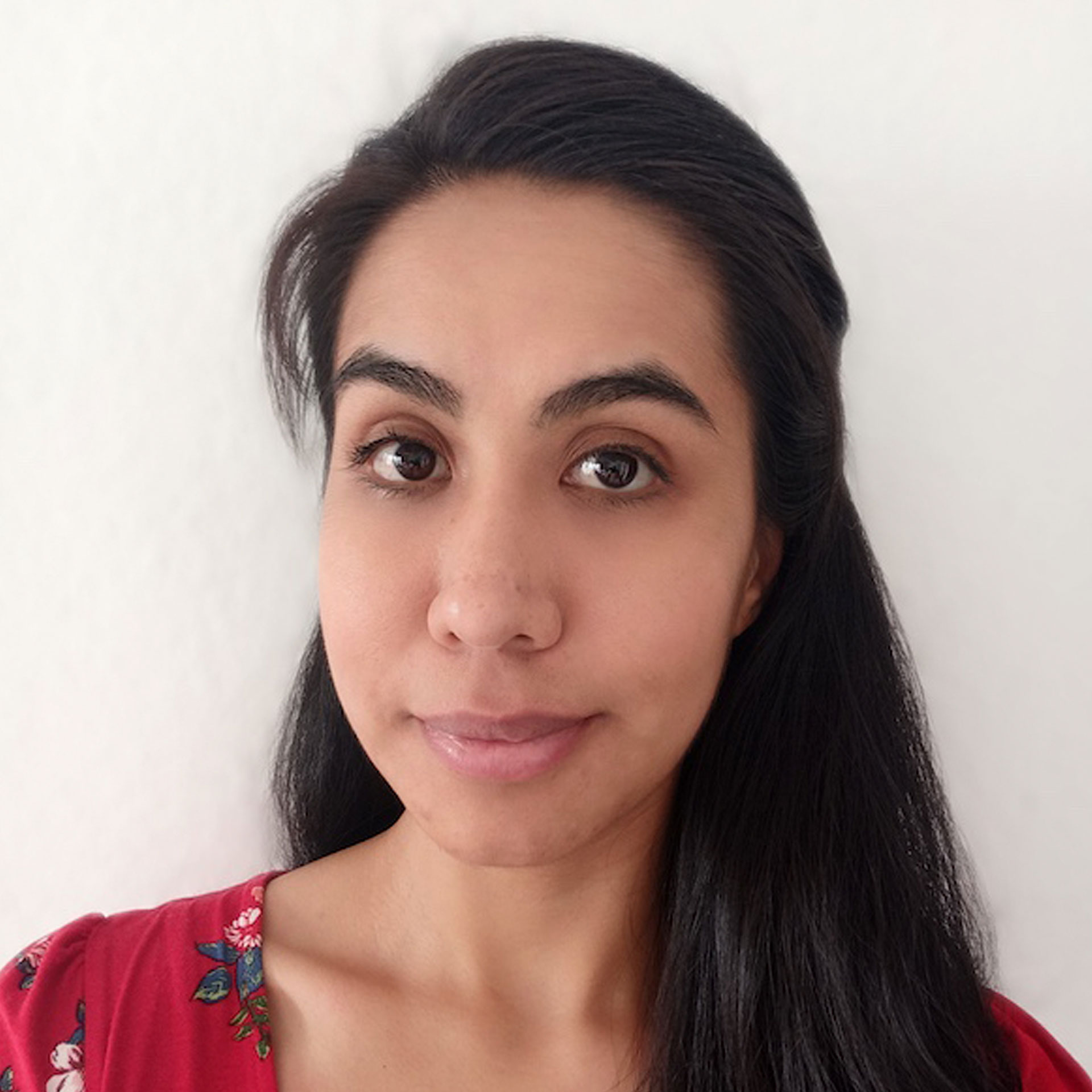 joaku
joaku
Nicola Privato, Intelligent Instruments Lab
Date: 04 October 2023 at 12:00 Hrs. Madrid, 10:00 Reikiavik
Speaker: Nicola Privato,
PhD Researcher at Intelligent Instruments Lab
Abstract:
The Intelligent Instruments Lab is an ERC-funded project in Reykjavik, Iceland. At IIL we explore how creative intelligent technologies are shaping our understanding of the world and our social interactions. We use music as the ideal ground for our research as it is a place of intimate, first-person interaction with technology as well as a complex social experience.
My work at IIL focuses on building new interfaces and compositions that facilitate the understanding of AI algorithms and suggest playful musical interaction.
In this talk I will walk you though my first year at IIL, explore concepts such as Explainable AI, Embodiment, Agency, and on how these might be contextualised through the building of interfaces for Neural Synthesis models, through musical practice, sound spatialisation and participatory art.
Nicola Privato is a PhD researcher at IIL. His academic background is in Jazz studies, electronic music composition and linguistics. He performs both as a jazz guitarist and as an electronic musician, using self-built instruments and AI-based software. Formerly director of Keptorchestra, an Italian cultural association dealing with improvised music as a cultural catalyst, he has been incorporating participatory practices both in his works and as a curator.
His current research at IIL is on AI explainability and its framing within the sociality of musical practices.
www.nicolaprivato.com
Dr. Pawel Tacikowski, University of Coimbra, Portugal
Date: 5 July 2023 at 2 pm
Speaker: Dr. Pawel Tacikowski, University of Coimbra, Portugal
Title: “The link between self-concept and own body perception”
Abstract
What makes us who we are? Is it the body we wake up in every morning and use as a “vehicle” throughout our daily activities? Or is it a collection of thoughts and beliefs about ourselves as individuals with specific skills, traits, and social identities? If it is a combination of the two, how would a unified sense of self emerge from such a fusion of conscious beliefs and bodily perceptual experience? In this talk, I will present a series of behavioral experiments where we used multisensory “body-swap” illusions to show that the perception of one’s own body dynamically shapes the content of self-concept, including gender identity. I will discuss the implications of these findings and future directions.
Bio
Pawel Tacikowski will soon start his Assistant Professor position at the University of Coimbra. He previously worked as an Assistant Project Scientist in the Cognitive Neurophysiology Laboratory at UCLA and as a postdoc in the Brain, Body, and Self Laboratory at Karolinska Institute. Dr. Tacikowski’s research focuses on how the human brain constructs a sense of self. His research aims to facilitate the development of new diagnostic tools and therapies for the atypical sense of self.
Philippe Pasquier (Simon Fraser) Metacreations Lab
Date: 26 July 2023 at 5 pm
Speaker: Philippe Pasquier, Associate Professor at Simon Fraser Unuversit
Abstract:
Creative AI is the scientific field that studies the partial or complete automation of creative tasks. Be it through the augmentation of existing creative software or through embedded real-time generation, these algorithms have a growing impact on creative practices. Creative AI will not take over the world, but it will certainly impact creators, students, educators, and the industry at large.
Now that generative algorithms have human-competitive skills for many creative tasks and are being deployed for professional and amateur alike, it is critical to evaluate and discuss the implications of such developments. We introduce challenges and opportunities arising through a series of examples of generative systems developed at the Metacreation Lab and experiments conducted with these systems. We will present interfaces for computer-assisted music composition, sound design, movement computing, generative animation and moving images, and discuss their common implications on creative processes and workflow. We will present results of evaluations conducted with the industry focusing on user experience, and technological acceptance, be it by creators or their audiences.
Bio:
Philippe Pasquier is a professor at Simon Fraser University’s School of Interactive Arts and Technology, where he directs the Metacreation Lab for Creative AI. He leads a research-creation program around generative systems for creative tasks. As such, he is a scientist specialized in artificial intelligence since 2001, a software designer, a multidisciplinary media artist, an educator, and a community builder. Pursuing a multidisciplinary research-creation program, his contributions bridge fundamental research on generative systems, machine learning, affective computing, and computer-assisted creativity, with applied research in the creative software industry, and artistic practice in interactive and generative art.
More about the Metacreation Lab: http://www.Metacreation.net
More about Philippe: http://www.sfu.ca/pasquier
We are recruiting! A PhD position in HCI at i_mBODY lab, Universidad Carlos III de Madrid
We are happy to announce a fully-funded PhD position in HCI at the i_mBODY lab, Universidad Carlos III de Madrid, Spain, as part of the ERC Consolidator Grant Horizon2020 project BODYinTRANSIT:
Magic Shoes
Magic Shoes 2016-2019 Magic Shoes was a research project funded by the Spanish Agencia Estatal de Investigación and the Ministerio de Economía y Competitividad (Grant
Magic Lining
Magic Lining 2017-2018 Magic Lining was a collaborative science-art project with artist Kristi Kuusk funded by the S+T+ARTS initiative of the European Commission, launched under
Omar Valdiviezo Hernández
Laia is an Interaction Design researcher. Her research explores how interactive technologies can be designed and used to affect people’s sensorimotor experiences of themselves and others, particularly in contexts of health and wellbeing.
The Hearing Body
The Hearing Body: How auditory perception influences body representation 2012-2015 The Hearing Body was a research project funded by the UK Economic and Society Research

